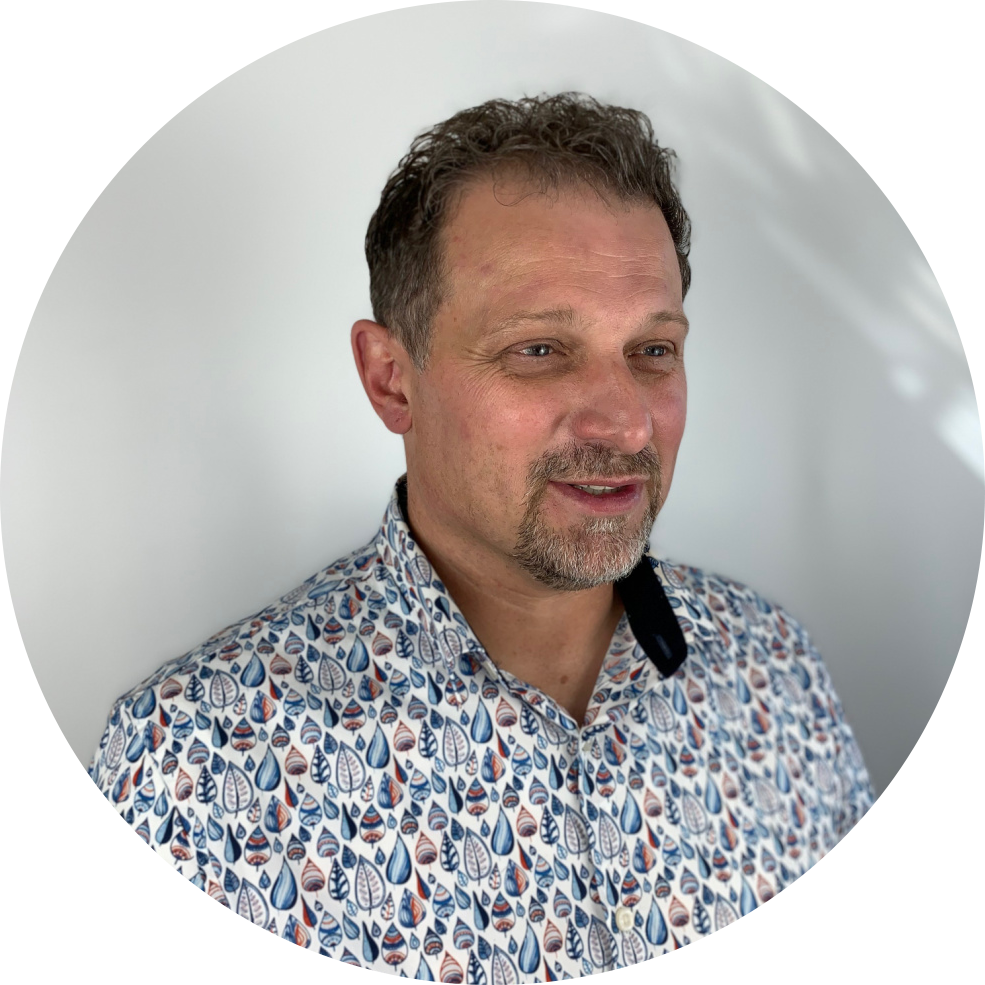
We are not static beings. We are dynamic. We are constantly changing and evolving. Who we are today is different from who we were yesterday.
Sometimes we struggle to look at our feelings and we fear that sharing our feelings makes us vulnerable, weak. But feelings are not bad. Often, acknowledging what you are feeling and being vulnerable is perceived as a weakness, but is actually a great strength in relationships. It is what allows two people to connect. The fear of being vulnerable with another human being holds us back.
There is also the notion I see sometimes that we have to fix things ourselves, that asking for help is bad. We all need help at certain times in our life. We are not broken, just over-stressed and overwhelmed. So, if someone can help us navigate those pieces it can be more effective than pretending we don’t need help.
Looking for patterns that are not consistent with how they want to show up in the relationship. Exploring the obstacles that are getting in the way or preventing them from being their authentic self.
I also try to be curious about why they do the things they do, and to then invite reflection on, “is there a better way to go about this if you are not getting the outcomes you’d hoped for?”
That counselling doesn’t have to be an intimidating process. It really is just a conversation. I try not to make it big and bad and scary. I try to simplify the process and break it down. We tend to complicate things. I ask myself, “How can I uncomplicate this and simplify this?” I try to say, “You are not bad for what you do. It is more about what you can learn about yourself and then how you can show up differently.”
That its okay to ask for help. It is normal to have problems in a relationship. It is not always rosy. We all have challenges. That there’s hope. There’s an opportunity to learn from your experience and to transform your relationship. It is an ongoing process. Sometimes we need the bad things to appreciate the good things and to give us the perspective that we want to be the kind of person we aspire to be individually and in our relationship.
© 2024 Calgary Couples Counselling Centre Inc. | Web by KP Design | COVID Policies | PRIVACY POLICY